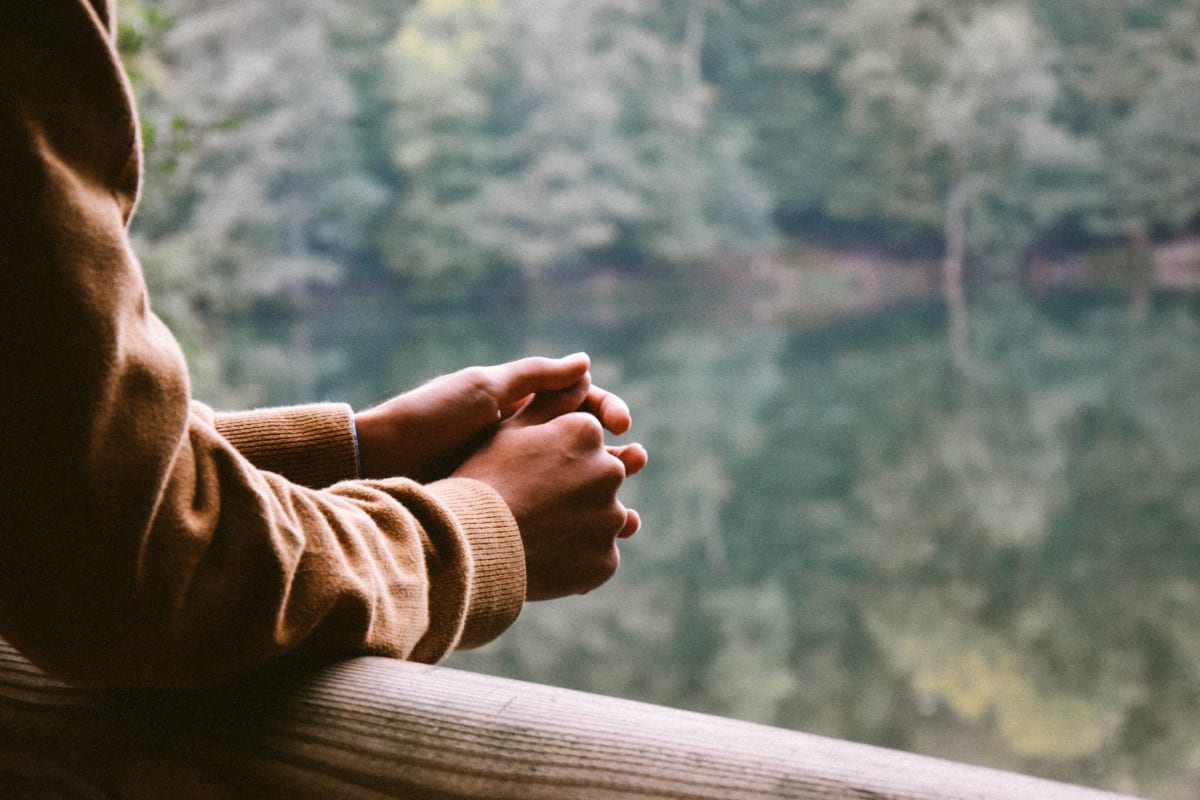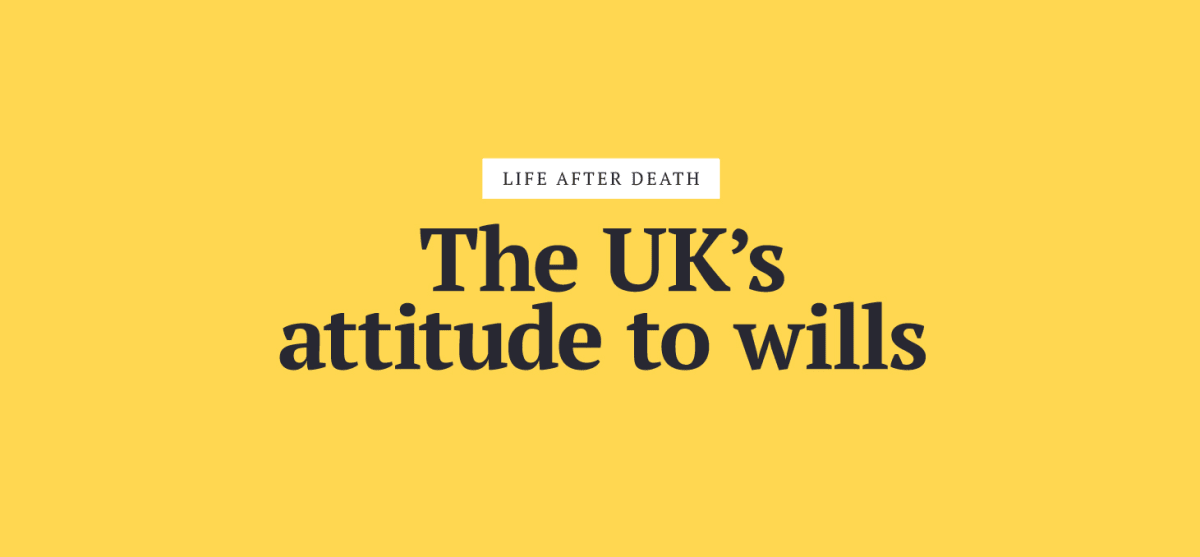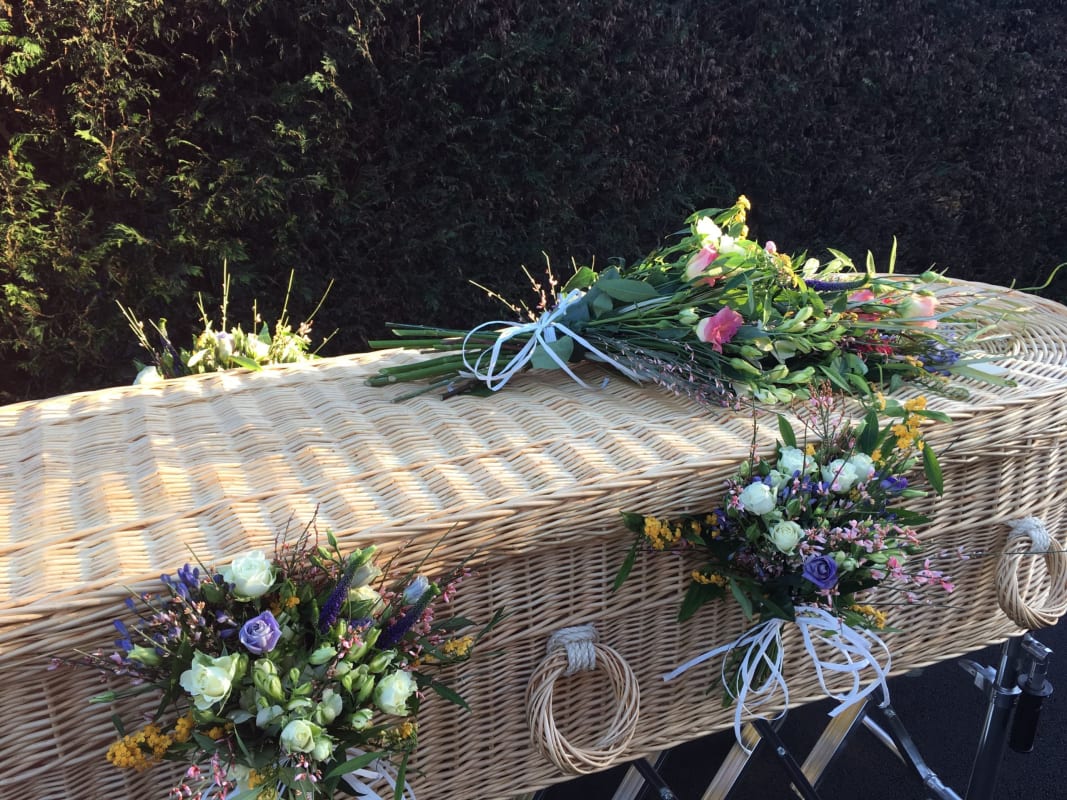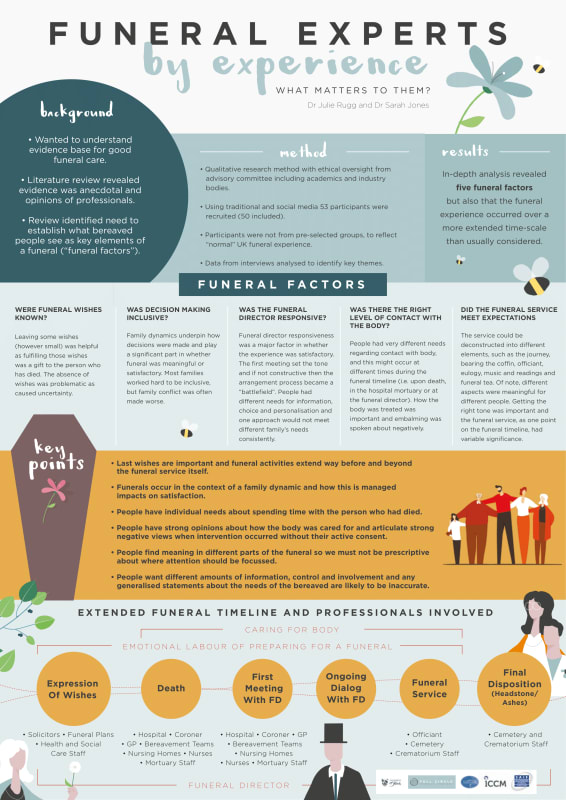
As lockdown eases, the government has released new guidelines for families arranging a funeral. While things are not quite back to normal, a lot of the harsher restrictions have been relaxed. Here’s what’s changed since the last time we covered this.
Who can attend a funeral now?
Both family and friends can now attend the funeral, although “modest” numbers are still recommended.
If you are self-isolating because you’ve had contact with someone with Covid-19 symptoms, you can attend the funeral but only if you don’t have any symptoms. You should not attend at the same time as anyone who is medically vulnerable or extremely vulnerable. Once the funeral is over, you should go back to self-isolating until the two-week waiting period is up.
If you are medically vulnerable or extremely vulnerable, you can attend the funeral if you would like to. However, it’s a risk, so it is really important to take every precaution you can to keep yourself safe. It’s best to make sure other attendees know that you are vulnerable and that they need to help you avoid close contact. Ideally, you would travel to the funeral alone or with members of your household.
If you are travelling to the funeral from abroad, and you’ve been advised to self-isolate for two weeks, you can still attend the funeral. Again, after the funeral is over you should go back to self-isolating.
If you have any symptoms of Covid-19, you can’t go to the funeral. Instead, you may be able to watch via a live-streaming service. We have more advice on paying your respects from home here.
Do I still have to socially distance at the funeral?
Yes, these measures are still in place. You need to:
- Stay 2 metres away from others.
- Avoid touching anyone who is not in your household.
- Wear a face mask if travelling to the funeral on public transport, and at the venue if asked.
- Wash your hands frequently using either soap and water or hand sanitiser (most venues will provide this).
- Always wash your hands after coughing, sneezing or blowing your nose, or after being in a public place.
- When coughing or sneezing, cover your mouth and nose with a tissue (and bin it ASAP) or cough into your elbow. Then wash your hands.
Don’t forget! These measures are especially important if you are self-isolating for any reason — whether you’re vulnerable yourself or may have been exposed to Covid-19 by someone else.
How many people can come to a funeral?
This is up to those running the venue (i.e. the crematorium, burial ground, place of worship). The advice is that numbers should be kept low enough that everyone who attends can stay 2 metres apart at all times.
In practice, this can mean that you’re restricted to fewer than 10 guests. The maximum is 30, but funeral directors report that in most cases venues are not allowing that many.
Can we hold the funeral at a place of worship?
Churches, synagogues, mosques, temples and other places of worship have re-opened and may be able to host the funeral service. Again, no more than 30 people can attend and numbers may be kept low so that the 2-metre rule can be observed.
Is it true that singing isn’t allowed?
For now, yes: singing, chanting and anything that involves raising your voice should be avoided. Wind and brass instruments (anything that involves blowing) are also off-limits. Music at the venue should be kept at a low volume so that people don’t have to shout or stand closer to each other to have a conversation.
This is because these activities increase the chance that the virus could spread from one person to another.
Can we hold a wake or funeral reception?
Yes, as long as you follow the latest ‘stay alert’ guidelines on social distancing. You may, however, prefer to hold off on this for now and hold the reception at a later date, when things are back to normal.
What are the rules on travelling to and from the funeral?
Mourners are asked to follow social distancing rules when travelling and, if you can, take your own car by yourself or with others in your household.
If you do need to hire funeral transport (like a limousine), then you’re being asked to:
- Keep numbers in each car as low as possible
- Leave the windows open
- Try to sit as far apart as you can (ideally following proper social distancing)
- Face away from passengers who aren’t in your household
- Wash your hands with soap and water for 20 seconds before and after travelling, or use hand sanitiser
- Cough or sneeze into a tissue (throwing it away ASAP) or the crook of your elbow if you don’t have a tissue
- Avoid touching your face
- Consider wearing a face mask if you’re travelling with people outside your household
If you are travelling via public transport, a face mask is mandatory unless you have a medical condition that makes you exempt.
Get the support you need
If you are struggling to pay for a funeral and would like some help with the cost, our guide is here.
If you need someone to talk to about your loss and how you’re feeling, help is available.
- Cruse Bereavement Care offer free advice for bereaved people and a support line to chat: 0808 808 1677.
- The Samaritans help line is open 24/7 if you’d just like to talk: 116 123.




